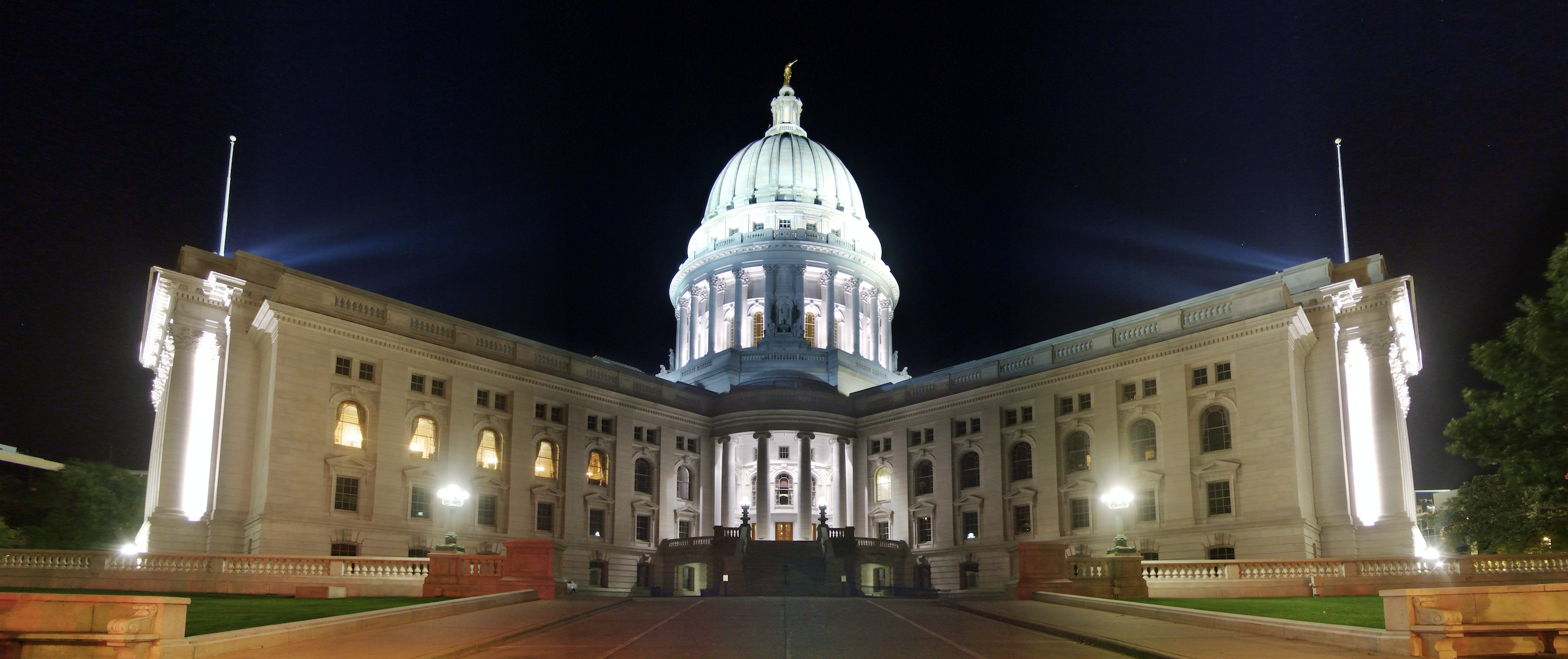 The Freedom From Religion Foundation is strenuously objecting to a weekly bible study meeting that a state legislator has been organizing in the Wisconsin Capitol.
The Freedom From Religion Foundation is strenuously objecting to a weekly bible study meeting that a state legislator has been organizing in the Wisconsin Capitol.
Every Wednesday morning from 8 a.m. to 9 a.m., Wisconsin state Rep. Paul Tittl convenes a bible study group for legislators and their staff in his office in the Capitol building. Tittl has not only been arranging these unconstitutional gatherings, he has also been resisting FFRF’s attempts to obtain details from him about the meetings. He claims that the get-togethers are personal in nature and have nothing to do with official matters.
FFRF contends that Tittl is wrong on a number of counts. First, any business conducted inside the Wisconsin Capitol is state business.
“As you must be aware, the Wisconsin State Capitol is state property, not your personal property,” FFRF Co-President Annie Laurie Gaylor writes to Tittl. “As such, it is regulated by specific rules, including the rule that the Capitol ‘shall be used by state employees for state work.'”
And if Tittl wishes to claim that the bible study is indeed official work, then he must confront the fact that he is engaging in unconstitutional activity.
“This presents serious problems under the Wisconsin Constitution because the state is paying employees and legislators to engage in religious activities and because some employees may feel coerced to attend,” Gaylor writes. “This also raises concern under the U.S. Constitution. Government employees acting in their official capacities may not proselytize or promote religion.”
As a state legislator, Tittl serves a population that consists of not only bible believers but also atheists, agnostics, Muslims, Hindus and others, FFRF reminds him. When Tittl conducts bible study in the Capitol, he sends an official message of endorsement of religion over nonreligion and Christianity over all other religions, excluding the one-fourth of the population that is nonreligious.
The Freedom From Religion Foundation is a Wisconsin-based organization dedicated to the separation of state and church, with more than 24,000 members, including 1,300-plus in Wisconsin.

